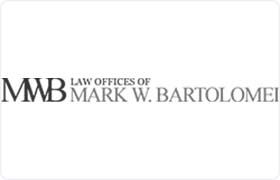Charlton City Divorce & Family Law Lawyer, Massachusetts
Sponsored Law Firm
-
 x
x

Click For More Info:
-
Law Offices of Mark W. Bartolomei
51 Union Street Suite G10 Worcester, MA 01608» view mapDivorce & Family More Than 20 Years of Dedicated Service
Worcester divorce and bankruptcy attorney for more than 20 years.
800-931-6101
FREE CONSULTATION
CONTACTFREE CONSULTATION
CONTACTSteven David Power
Adoption, Alimony & Spousal Support, Animal Bite, Criminal
Status: In Good Standing
FREE CONSULTATION
CONTACTJeremy T. Theerman
Workers' Compensation, Social Security, Family Law, Real Estate
Status: In Good Standing
William J. Mason
Dispute Resolution, Alimony & Spousal Support, Administrative Law, Animal Bite
Status: In Good Standing Licensed: 45 Years
 Mark Bartolomei Worcester, MA
Mark Bartolomei Worcester, MA AboutLaw Offices of Mark W. Bartolomei
AboutLaw Offices of Mark W. Bartolomei Practice AreasExpertise
Practice AreasExpertise
